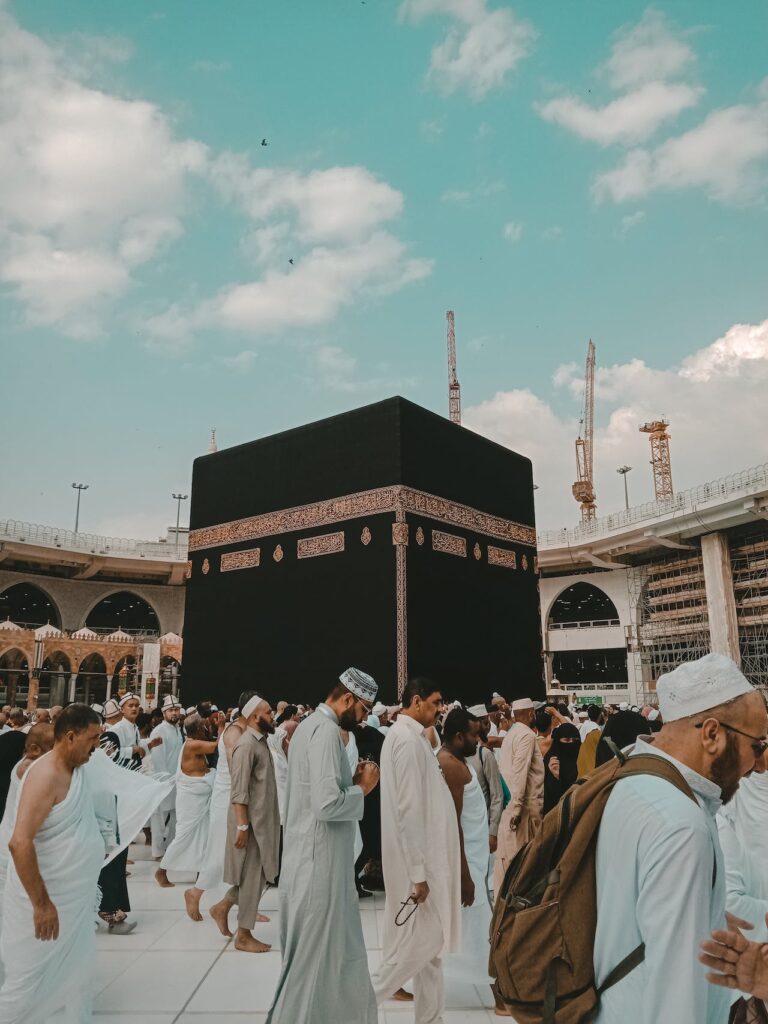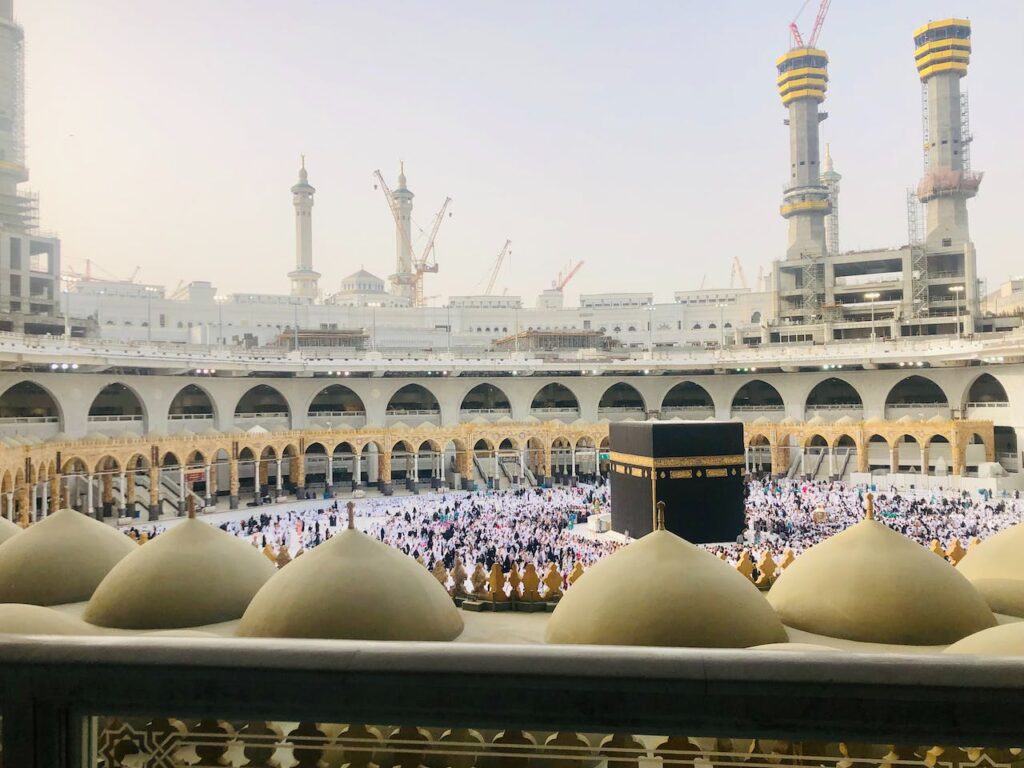Tawaf, the circumambulation of the Kaaba in Mecca, is a central ritual of the Islamic pilgrimage known as Hajj and Umrah. However, in recent times, the world has faced unprecedented challenges, which have necessitated the implementation of various restrictions to ensure the safety and well-being of pilgrims. This article aims to explore the Tawaf restrictions that have been put in place in response to these challenges, highlighting their significance and impact on the pilgrimage experience.
Significance of Tawaf
The Tawaf holds immense spiritual significance for Muslims worldwide. It symbolizes the unity of the ummah (Muslim community) and reflects the devotion and submission to Allah. However, the practice of Tawaf has undergone modifications throughout history due to various circumstances, such as:
- Wars.
- Epidemics.
- In addition to other challenges.
These adaptations demonstrate the flexibility of Islamic practices and the ability of the Muslim community to preserve the essence of the ritual while accommodating changing circumstances.
Tawaf Restrictions Amidst the COVID-19 Pandemic
The COVID-19 pandemic has posed significant challenges for religious gatherings worldwide, including the Hajj and Umrah pilgrimages. To ensure the safety of pilgrims and prevent the spread of the virus,
Saudi Arabia, the custodian of the holy sites, has implemented several Tawaf restrictions.
These measures include:
- Limiting the number of pilgrims.
- Implementing social distancing protocols.
- Mandating the use of face masks.
- Introducing advanced health screening processes.
These restrictions are crucial for safeguarding the health and well-being of pilgrims.
Moreover, minimizing the risk of COVID-19 transmission during the Tawaf ritual.
Restrictions related to COVID-19 are constantly changing, so be sure to check with the responsible authorities to confirm them.
Are Tawaf restrictions temporary?
The Tawaf restrictions, particularly those related to the COVID-19 pandemic, are subject to change based on the prevailing circumstances. As the situation evolves and public health considerations are taken into account, the restrictions may be adjusted or lifted accordingly.
Technology-Enabled Solutions
In response to the Tawaf restrictions, Saudi Arabia has embraced technology to facilitate the pilgrimage experience. One notable innovation is the use of smart cards and mobile applications to manage and regulate the movement of pilgrims. These digital tools enable authorities to control crowd flow, monitor capacity limits, and ensure compliance with safety measures. Additionally, virtual reality (VR) and augmented reality (AR) technologies have been employed to provide immersive experiences for those unable to physically participate in the Tawaf ritual,
allowing them to engage in a virtual circumambulation from the comfort of their homes.
Emotional Impact on Pilgrims
The Tawaf restrictions have undoubtedly had an emotional impact on pilgrims. For many, Hajj and Umrah are deeply personal and spiritually enriching journeys, and the limitations imposed by the pandemic have been disheartening. The reduced number of pilgrims, the absence of international participants,
Additionally, the altered atmosphere in the holy sites has contributed to a sense of longing and nostalgia. Nevertheless, the resilience and faith of pilgrims have shone through, as they continue to adapt to the circumstances and find solace in the opportunity to fulfill their religious obligations, albeit in a different manner.
Conclusion
In conclusion, The Tawaf restrictions implemented in response to the COVID-19 pandemic have brought about significant changes in the pilgrimage experience. While these measures may present challenges and evoke mixed emotions among pilgrims,
they are vital for ensuring the safety and well-being of individuals and communities. The adaptability demonstrated by the Muslim community throughout history and the integration of technology-enabled solutions offers hope for a continued connection to the spiritual essence of Tawaf and the preservation of the Hajj and Umrah rituals. As the world navigates these challenging times,
the spiritual significance of Tawaf remains unwavering, serving as a reminder of the strength.
In addition to resilience of the global Muslim community.






